Why won't the Tories tell us who their best friends are?
They held two parties last week. Nothing intriguing about the first, but the second...
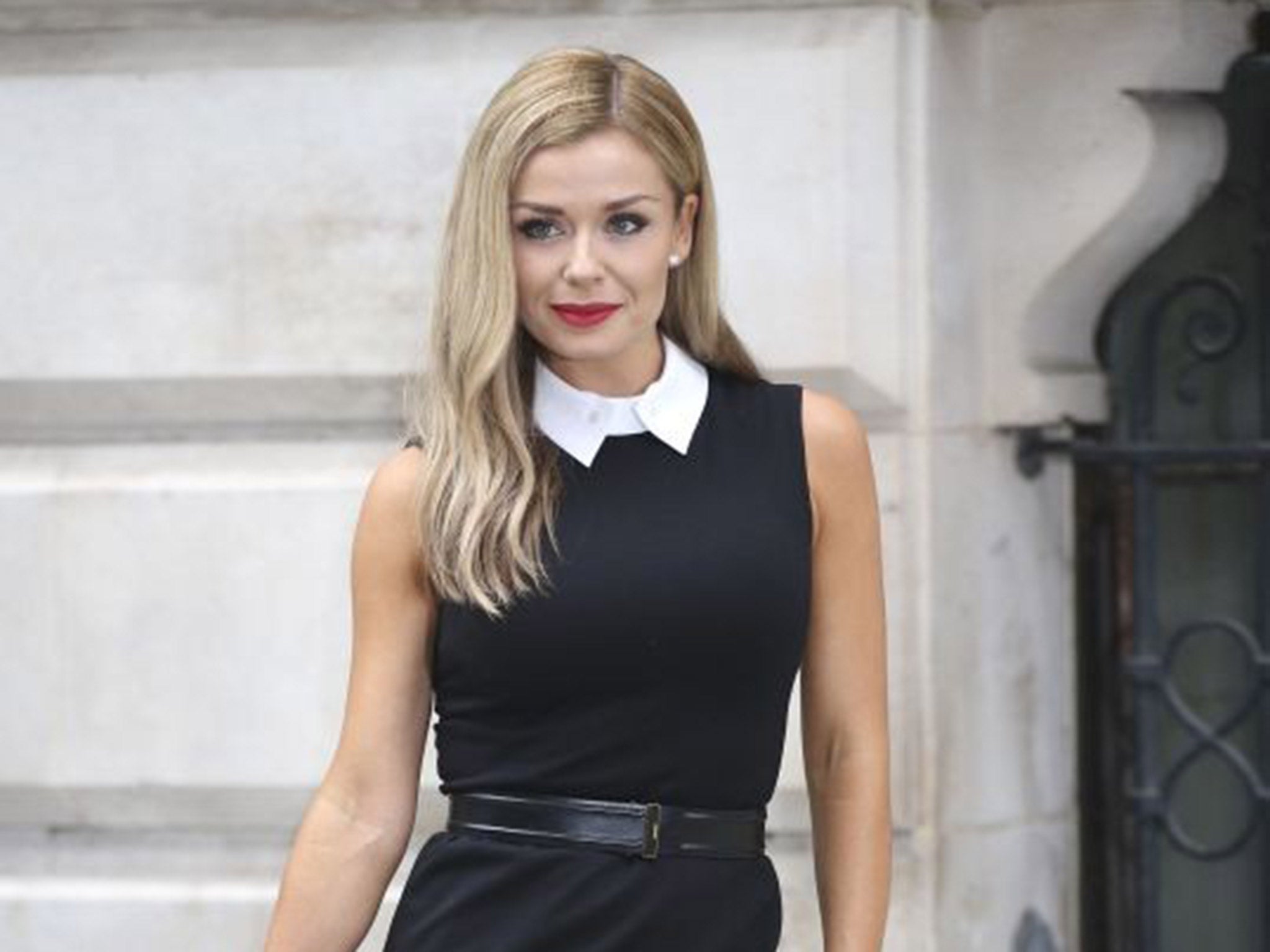
The business of government, you might have thought last week, is a social affair, and getting elected mostly beneficial as a way to meet interesting people. Prime ministers weren't always so much fun. They glowered from behind a desk, and if they worried about things such as likeability it didn't much show. The job was to lead, to set a direction of travel for the country and sweep us along.
Today, David Cameron is more interested in listening. He seems like a chat show host, with a rotating cast of the great and the good visiting his sofa, staying for a scripted chat, and then trotting off again. The difference is: with Jonathan Ross and Graham Norton, we get to assess the interaction. With Mr Cameron, it's all off the record. And so, attentive though he may be, it seems important that he is listening to the right people.
Last week the Tories threw not just one party, but two. The first, for those in the creative industries, was held at the Foreign Office, and Mr Cameron wanted everyone to know about it. The phrase "Cool Britannia", which felt fresh and funny for at least 15 or 20 seconds after it was first trotted out in 1997, was invoked again; as the guests arrived, though, it began to feel a bit misplaced. It is a strange world in which this lot are the cream of our "creative industries", a world in which England is a footballing powerhouse, and a Harvester deserves a Michelin star.
Instead of Noel Gallagher and Helen Mirren, we had Danielle Lineker and John Barrowman, the Poundland Tom Cruise; the stars on show were relentlessly lame, and, whether by accident or design, no one was present who might conceivably have rocked the boat. It was Good Morning Britain with a glass of bubbly, and it made you think: if politics is showbusiness for ugly people, perhaps showbusiness is politics for unthinking people.
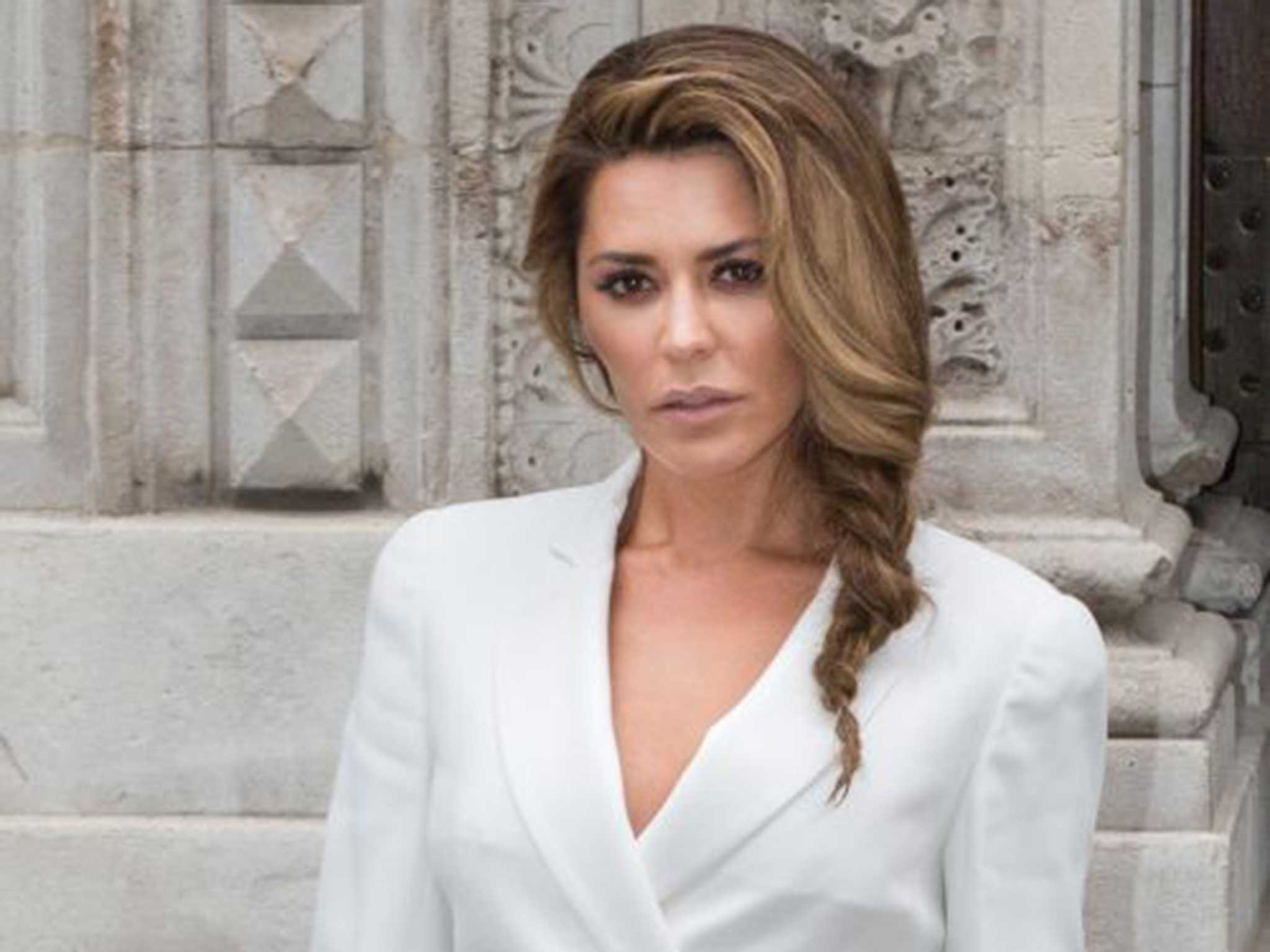
Apparently a lot of bigger names stayed away, afraid of the association. As those who did turn up cocked a hip on the steps of the FCO, they all seemed to make the same uneasy calculation: could it really be that I'm the coolest person here? And if so, isn't that really bad news? Noel Gallagher said he took coke in the Queen's toilet; if Michael McIntyre or Katherine Jenkins had had the chance, the limits of their rebellion, one assumes, would have been to tweet a selfie with a royalist hashtag.
It's been suggested that this tells us something about the Tories' relative lack of street cred, but to me there's another, slightly uglier conclusion to draw: one that describes how a large segment of our cultural elite has cosied up to its political counterpart. It's come about as the provenance of the Conservative party's leadership has narrowed to an ever smaller chunk of Notting Hill; as social liberalism has become an almost universal value among metropolitan elitists of all stripes, the healthy thing that kept those worlds apart has been eroded.
Kirstie Allsopp, who has wedded her conservatism neatly to the acquisitive model of home ownership that she has made her personal brand, was of course invited; David Cameron's biographer is the editor of GQ; the creator of Downton Abbey is a Tory peer; Gary Barlow is a Conservative supporter and tax-avoider. If, in the days of Tony Blair, politics became obsessed with being cool, perhaps – far more depressingly – in the Cameron era culture has become just another branch of capitalism.
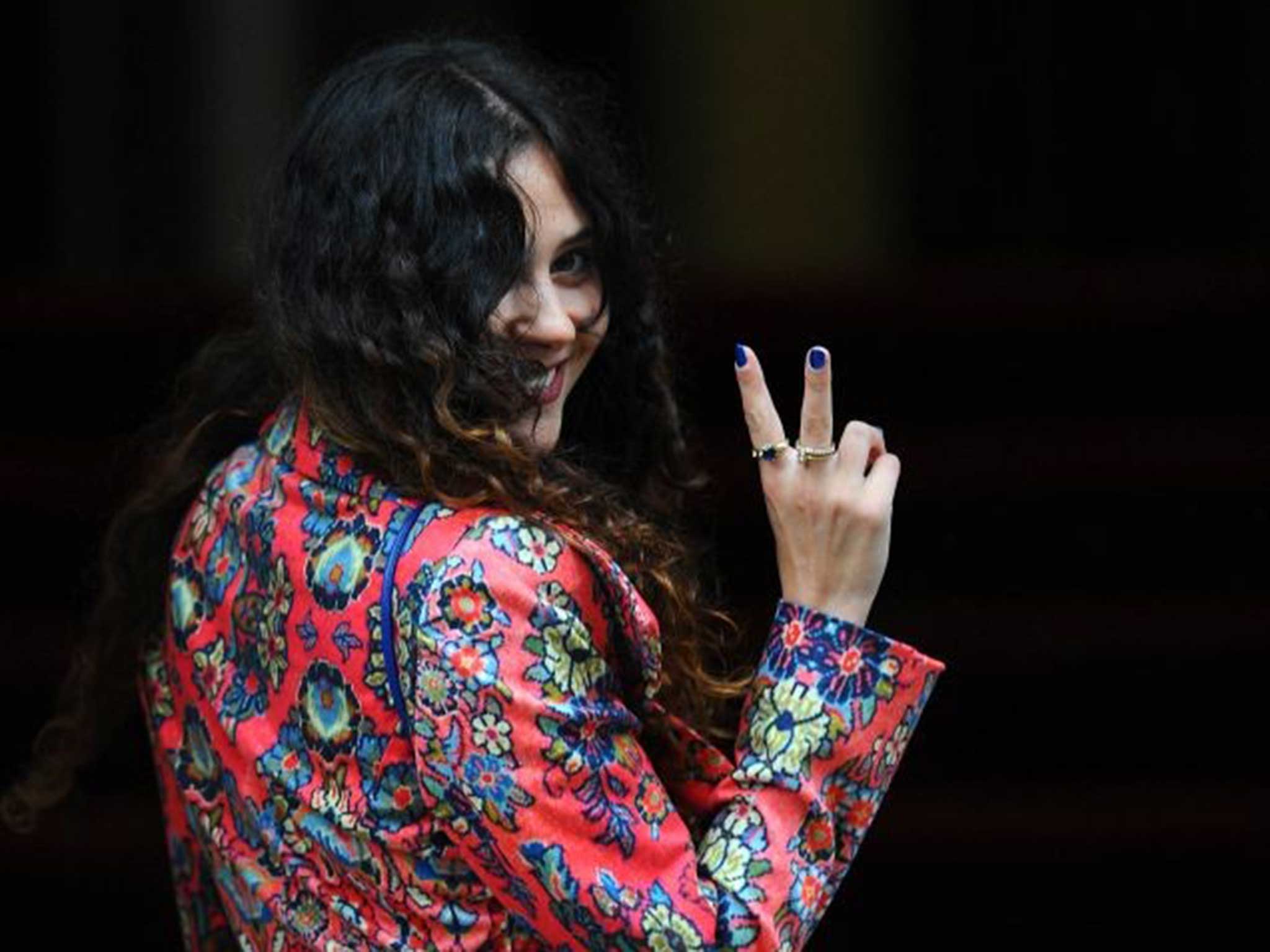
Barlow, shunned since the revelation of his little problem with the Revenue, wasn't there, loyal though he is. The party was, in any case, not the main event. A little later, a group of 60 "media business executives" were invited to a private meal with William Hague and David Cameron. Aled Jones did not make the cut.
It's easy to find something sinister in this sort of dinner-table hobnobbing, but the conspiracy theories aren't always right. It's reasonable for our leaders to keep in touch with captains of industry so long as whatever representations they make aren't backed up by money. Move along, nothing to see here.
Move along, in fact, to Wednesday night, which, if you want to compose a sinister conspiracy theory, provides you with much stronger material. It was the night of the Tories' annual summer fundraiser, held at the Hurlingham Club in London. This time there were no celebrities. The Conservatives didn't release the invitation list for the first party because they didn't want us to know who didn't come; they didn't release the list for the second because they didn't want us to know who did.
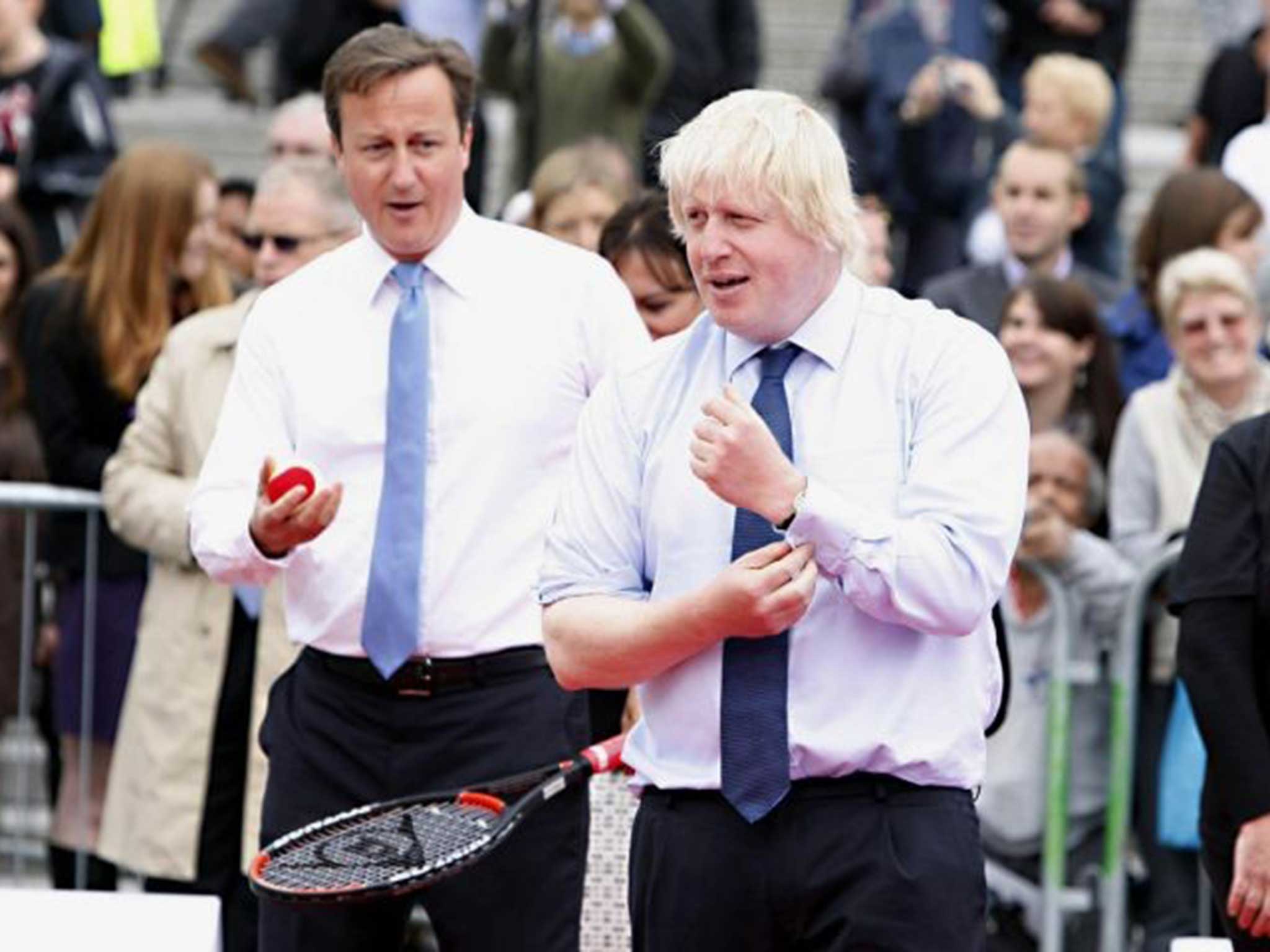
Still, we can identify at least one guest: Lubov Chernukhin, a banker and the wife of a former finance minister in Putin's Russia, was named by The Guardian and the Bureau for Investigative Journalism (BIJ) as the bidder who secured a game of tennis with David Cameron and Boris Johnson for a mere £160,000. And if we go back to last year's summer fundraiser, a clearer picture emerges, courtesy of a guest list leaked to the BIJ last week. Peter Stringfellow aside, the names are much less familiar than those at the Foreign Office do; but they wield a rather heavier sort of influence.
Does any of this break any laws? No, absolutely not. Is it corrupt? Judge for yourself.
There was the Earl of Clanwilliam; a PR adviser for the government of Bahrain, who sat on the same table as Philip Hammond, the Defence Secretary; there was the investment banker Howard Shore, who has donated £450,000 to the Conservative party – he shared a table with the Prime Minister; there was the aviation magnate Constantine Logothetis, who sat, conveniently enough, with Patrick McLoughlin, the Transport Secretary. And there was James Henderson, chief executive of the public affairs firm Bell Pottinger, who explained hotly: "We do not go there to lobby ministers in any form. We go there to support the Party. Apart from shaking a hand, I don't believe I have ever spoken to a minister at any of these events."
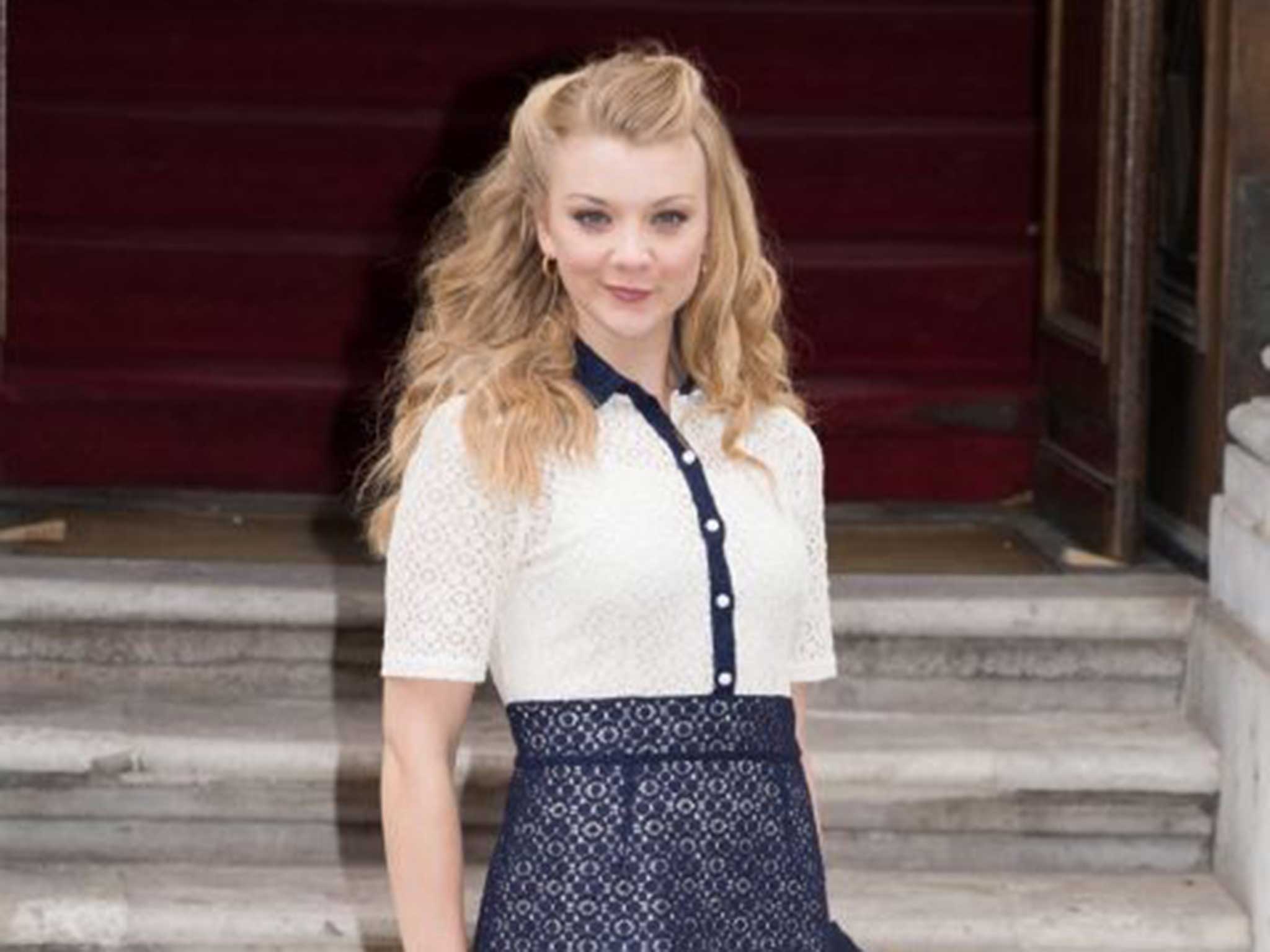
If I was a client of Bell Pottinger, I would want to know why on earth he wasn't doing a bit of light lobbying, given such a golden opportunity. The truth, of course, is that his analysis misunderstands – perhaps wilfully – the real nature of influence. It reminds me of Jeremy Clarkson's defence of the cosy Chipping Norton Christmas dinner that he attended at Rebekah Brooks's house, where Mr Cameron was also present: all the politician and the media executive talked about, he insisted, was sausage rolls.
What Mr Henderson and Mr Clarkson ignore is that it's the conversation about sausage rolls, the lobbying-free support for the Party, that makes the next conversation about policy just that little bit easier. Consider Mr Henderson's phrase "any of these events". Exactly how many is he talking about? Shaking a hand may not be the same as having a chat about your client's interests, but do it often enough and you may begin to notice that those conversations become a little easier.
Shake hands often enough, and you might even come to consider yourself friends. And you can tell a lot about today's Conservative Party from its friends. Whether inanely preening on the steps of the Foreign Office, or hiding their faces behind their invitations, they have one thing in common: they all, without exception, have something to sell.
Join our commenting forum
Join thought-provoking conversations, follow other Independent readers and see their replies
0Comments